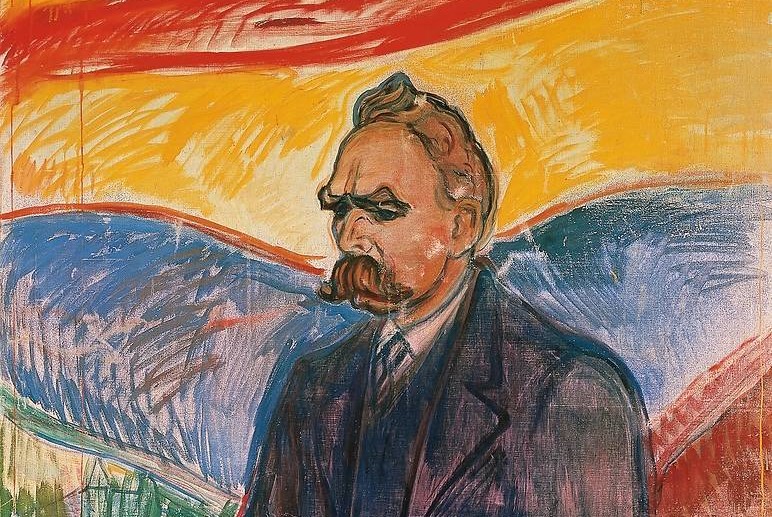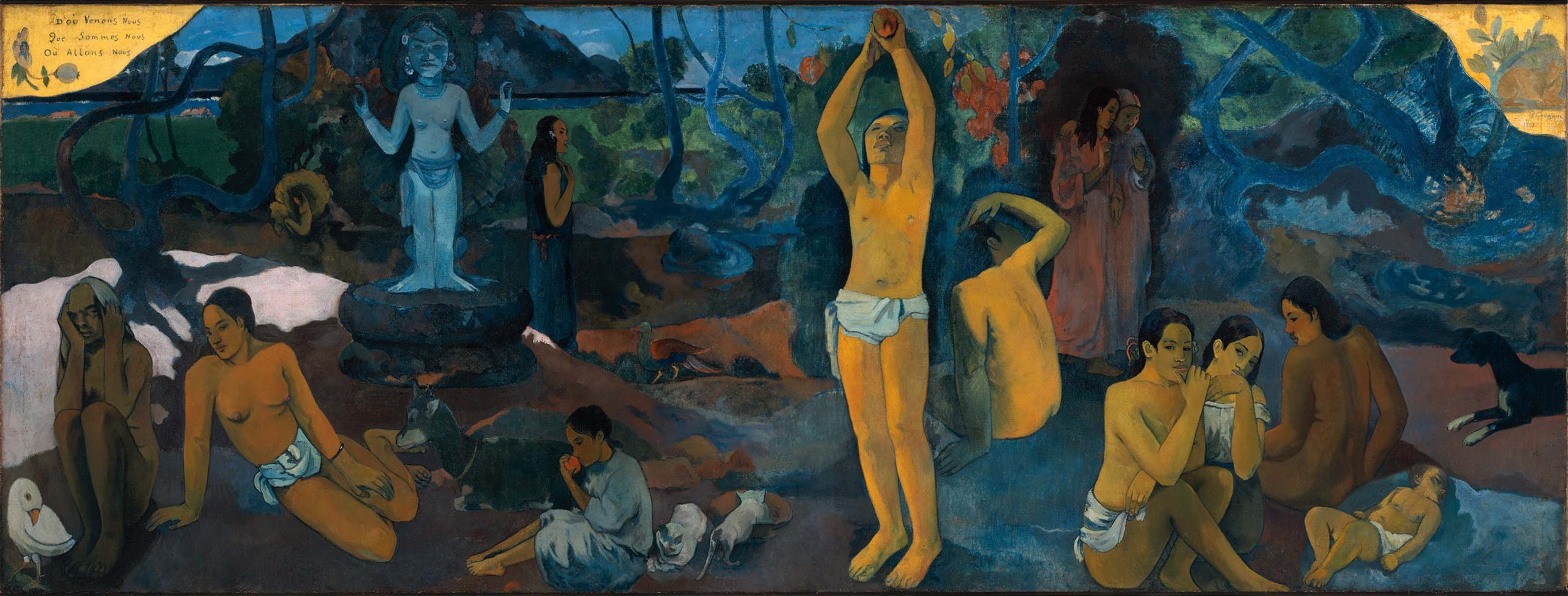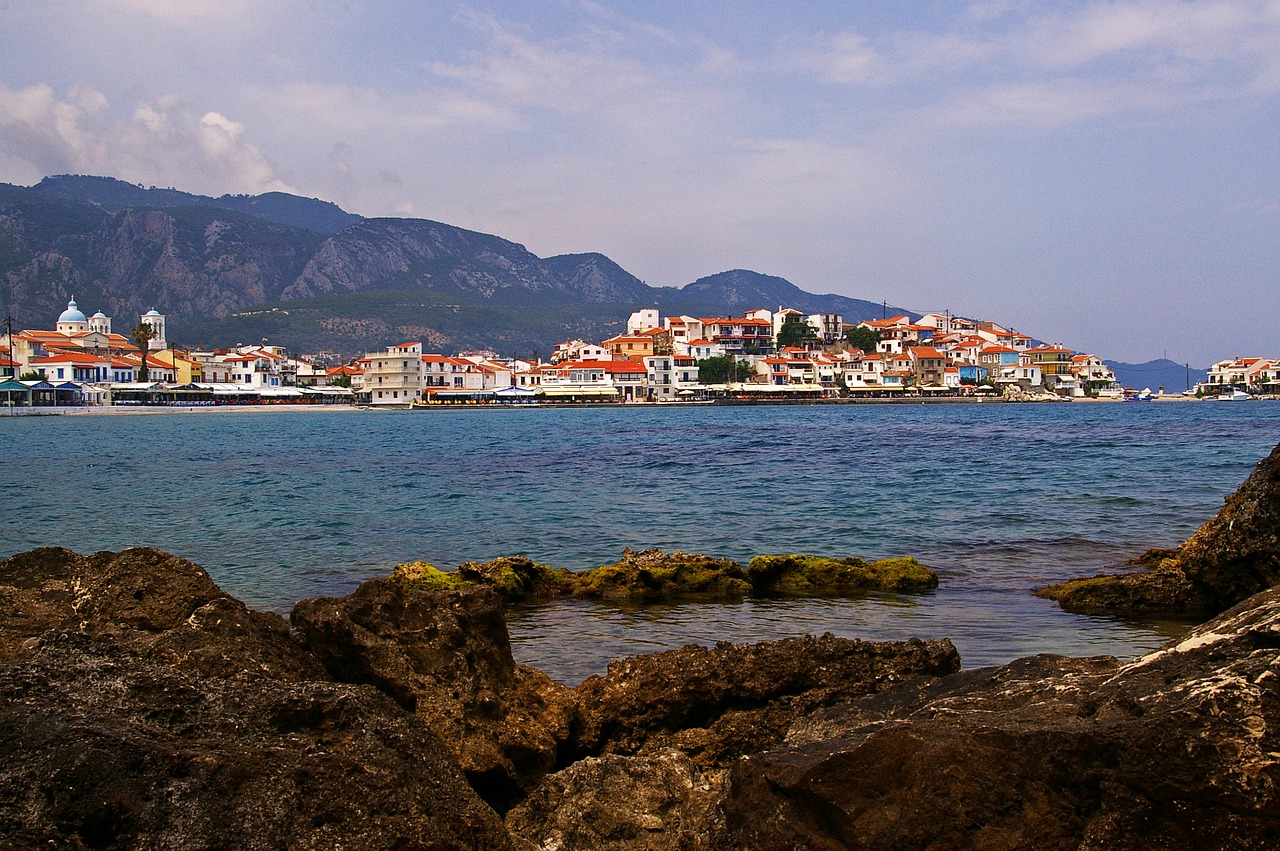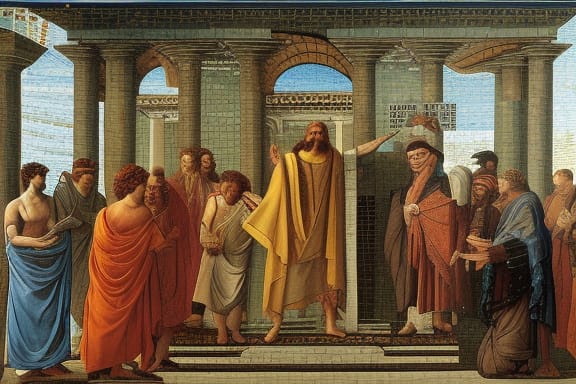Nietzsche – Going beyond good and evil
Arguably, the one phrase with which Friedrich Nietzsche (1844 – 1900) has entered public consciousness is his infamous God is Dead.
For centuries, the Christian God had been the background on which the West had sprung its cultural identity. God was the answer to the question, why do we exist. He (invariably male) was the reason why mountains, sunny days, butterflies and beluga whales exist. Likewise, God also lay behind earthquakes, volcanoes, lightning, and tornadoes.
Apart from being the source, or efficient cause, of everything, God had been also our ultimate aim: we existed to please Him, to become like Him. Ultimately, we existed to become One with Him when our earthly time ran out. He had been the fount of why we exist the way we do: we, human beings, created in His image, able to tell right from wrong.
Enter Nietzsche
“God is dead, and we have killed him.” Along with God died our immutable, perfect source of morality. Nothing in nature has intrinsic value, or value for its own sake. Therefore, to speak of good and evil is to speak of human illusions, of false concepts according to which we find it necessary to live. Reality is brutal enough, so we supplement it with an invented, ideal world of fairness, justice, and beauty.
If we are to see the truth, we need to go beyond good and evil.
Slave and Master morality
Going beyond good and evil means we are in territory not covered by traditional morality.
In On the Genealogy of Morality, Nietzsche argued that there are two types of morality: master morality and slave morality.
Master morality is an actionary type of morality. It’s a morality that seeks action and is not afraid to forge ahead and determine itself. A master is a creator of morality, strong enough to transcend ideas of good versus evil. Instead, the master judges actions according to strength. Good actions are feats of power. Bad actions would be weak actions.
Slave morality, on the other hand, is a reactionary morality that judges according to good versus evil. It originates in the weak. Good actions are humble. Evil actions are those of the upper classes.
To go beyond good and evil is to become a master. This happens not when we follow someone else’s moral code, (if we were to follow someone else’s master moral system we would still be acting as slaves), but when we engage in creating a system of morality for ourselves. What does it take for us to engage in a master morality?
The will to power and the Übermensch
The main driving force in humans in the will. It is an irrational force found in all individuals. We strive to achieve the highest possible position in life, to gain power, be that biological or psychological.
Prior to Nietzsche, Arthur Schopenhauer (1788 – 1860) had spoken about the will as a blind, irrational, insatiable, and incessant force that accounts for the dynamic essence of the world. We can see this will at work in the sexual drive and the will to life that we can observe in nature.
Nietzsche introduces the idea of the Übermensch (literally, the “over”-man, the “beyond”-man, the superior man) as the one whose will gives meaning to life on earth.
Dissatisfied with life on earth, Christianity blessed the meek. It turned away from the brutal realities of this world and invented heaven as consolation. The afterlife is a way for us to get retribution for the wrongs we experience in this life. This has also required the invention of an immortal soul that transcends the death of our disease-ridden bodies. It’s an ascetic philosophy that shuns the physical, rejects the worldly, abnegates the tangible, and mortifies the body. Ultimately, it is based on falsehoods.
The Übermensch, on the other hand, gives meaning to life on earth. He or she understands the realities of this world and consumes them with relish, including the suffering. Rising above traditional and conventional Christian morality, the Übermensch creates and shapes his own values, overcoming the feeling of meaninglessness that may result with the death of God.




Pingback: Berserk: Paradox of Suffering